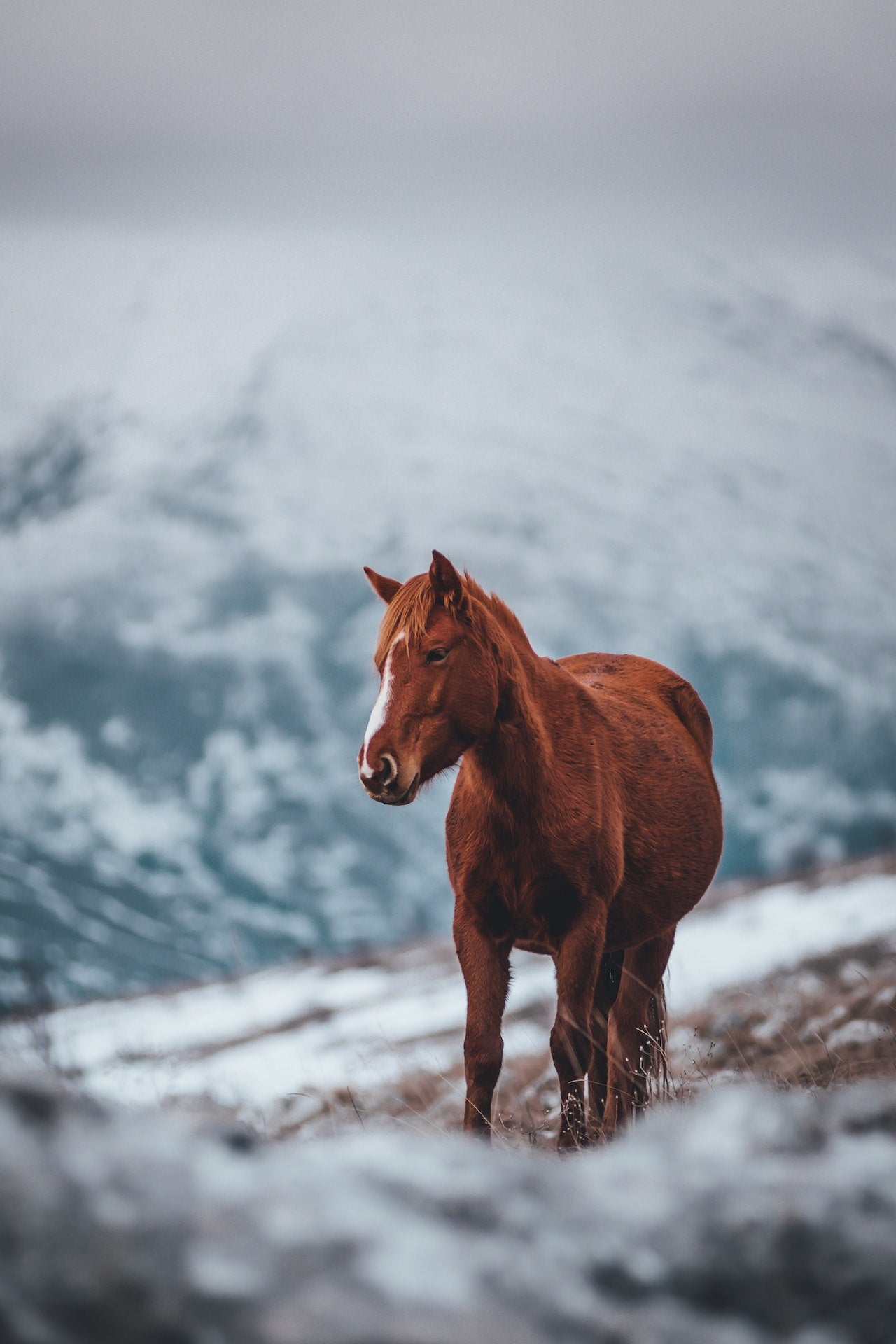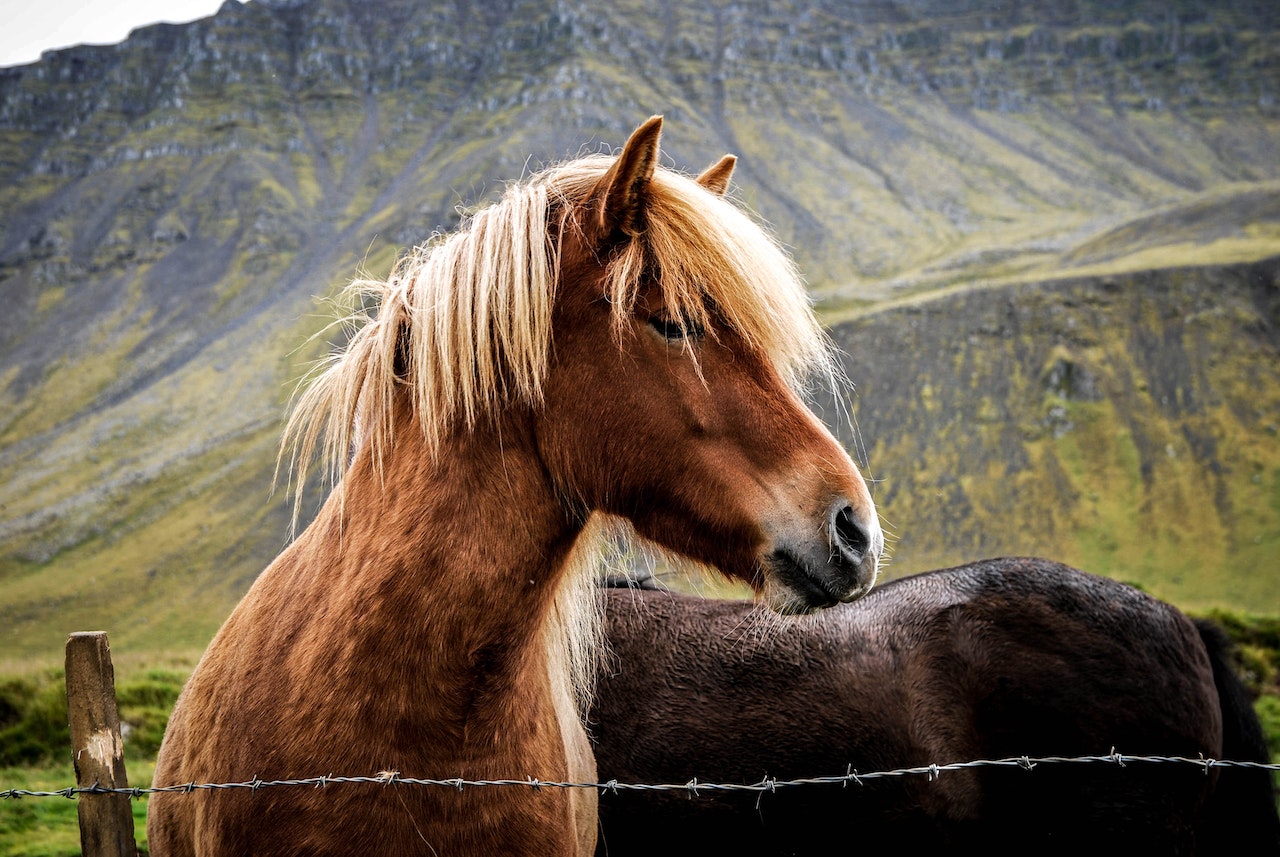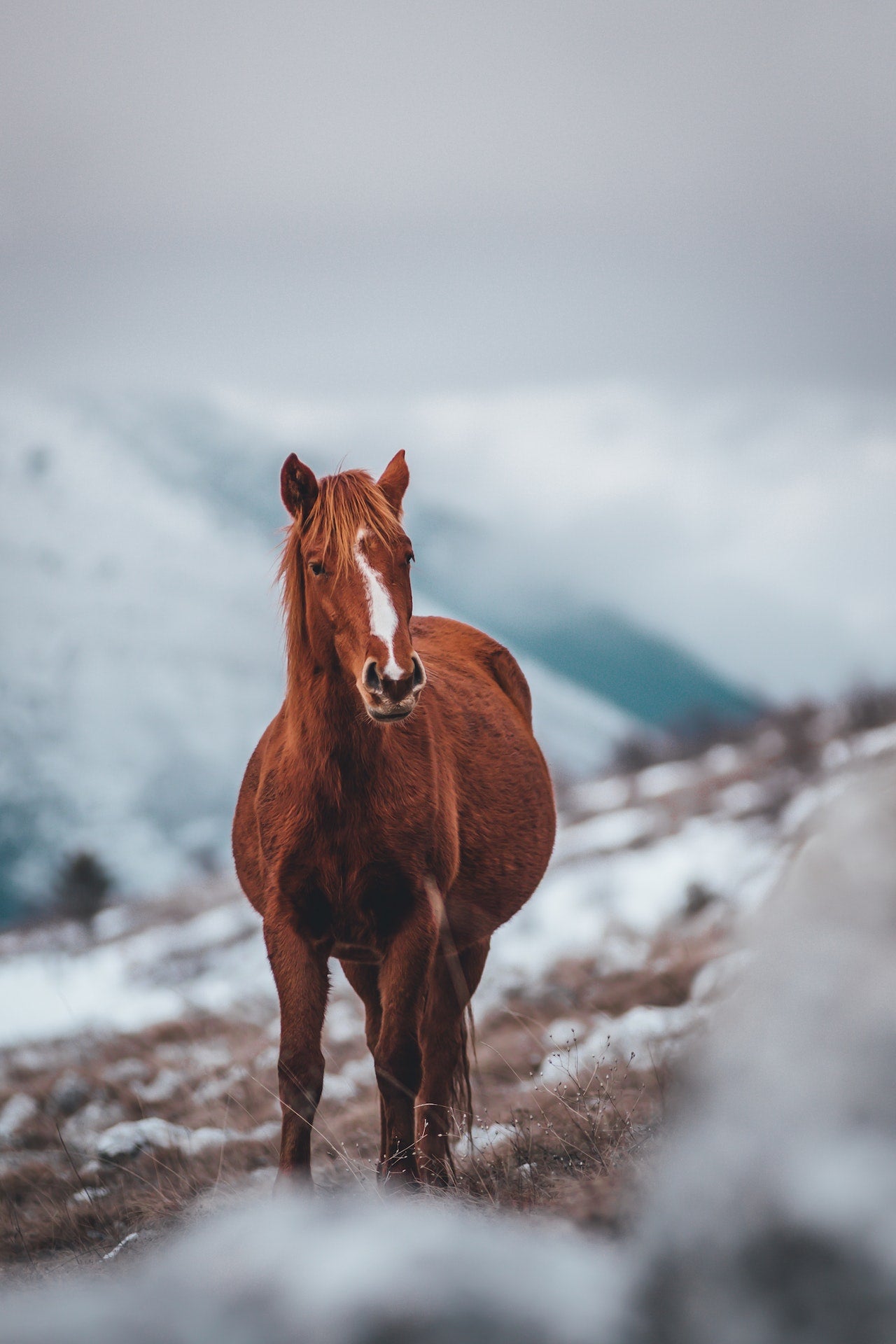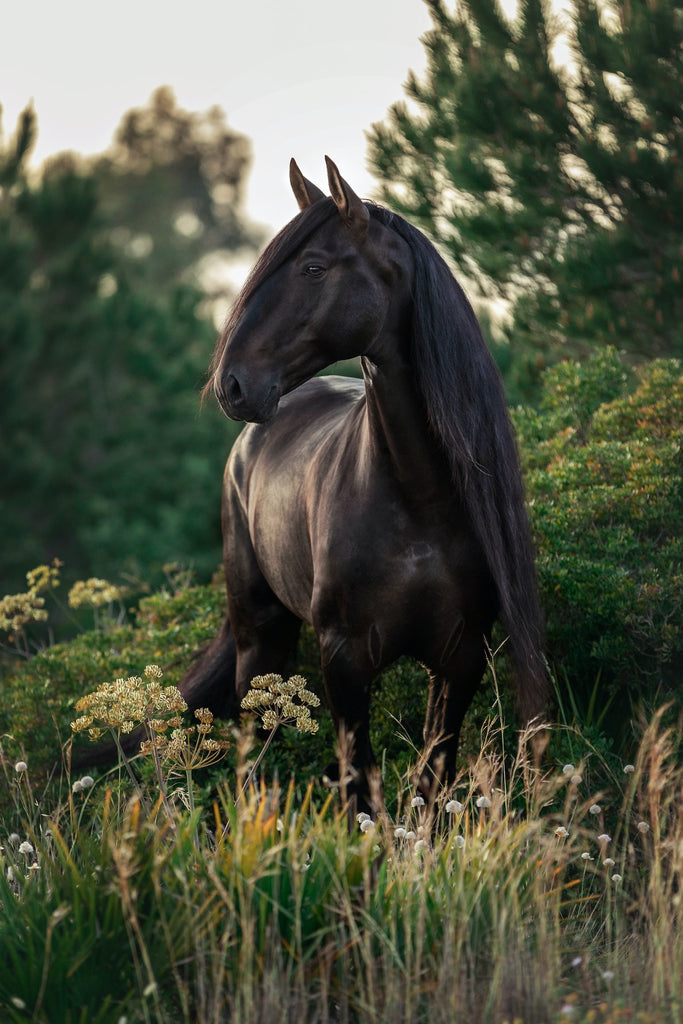
Horsing Around with Peanut Butter: The Benefits, Risks, and Alternatives
Are you looking for a tasty and convenient treat for your horse? You might be surprised to learn that peanut butter could be a good option. Yes, you read that right - peanut butter!
The notion of feeding horses peanut butter may be unfamiliar to some, but it's certainly an option. Feeding horses peanut butter in moderation can offer horses valuable vitamins and minerals while providing a rewarding and tasty treat. However, like most things, there are risks involved with feeding horses peanut butter, so owners need to understand the potential health benefits and risks.
This article will explore the potential health benefits and risks associated with feeding horses peanut butter, how much and how often it should be given, tips for incorporating peanut butter into a horse's diet safely, and alternative recipes and treats for horses that are healthier and just as rewarding.
So, if you're curious about the benefits and drawbacks of feeding peanut butter to horses, keep reading to find out more!
Can Horses Eat Peanut Butter?
Yes, horses can eat peanut butter. Peanut butter can be a source of valuable vitamins and minerals for horses. It can be used as a treat or reward for horses. It is important to note, however, that horses should only consume peanut butter in moderation because too much of it can cause gastrointestinal issues.
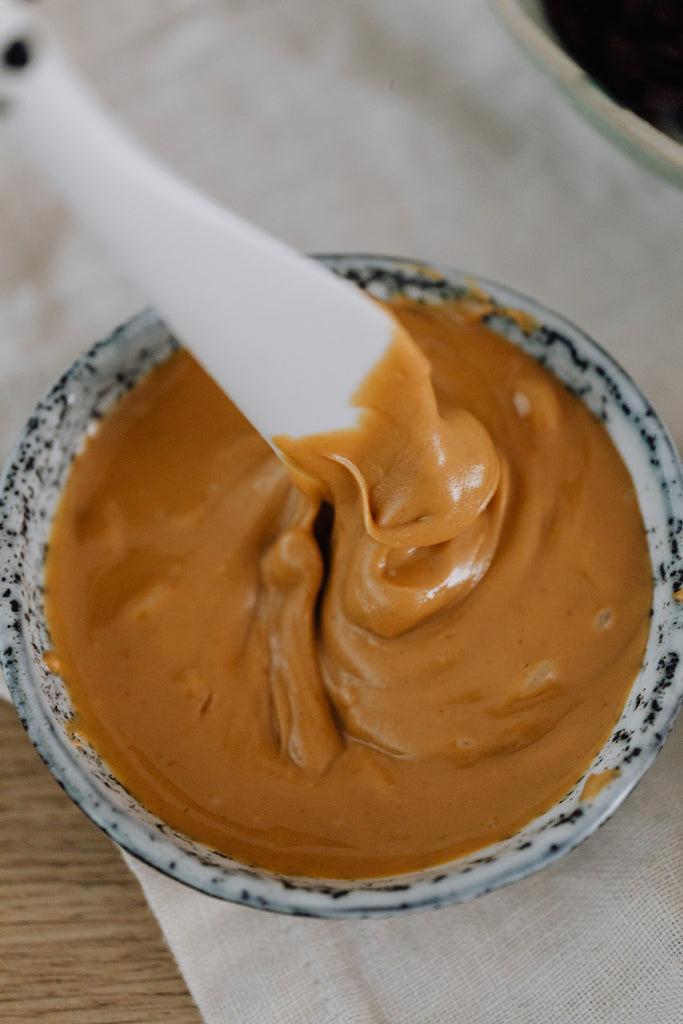
Peanut Butter
Peanut butter is a popular food spread made from ground-roasted peanuts. It's a versatile ingredient that is enjoyed by people all over the world and can be found in many different types of cuisine. There are many different types of peanut butter, including smooth, crunchy, and natural varieties.
Peanut butter is a nutrient-rich food, providing a significant amount of protein, healthy fats, vitamins, and minerals. It is high in monounsaturated and polyunsaturated fats, which can help reduce cholesterol levels and lower the risk of heart disease. Peanut butter is also an excellent source of Vitamin E, magnesium, potassium, zinc, and other essential nutrients. One tablespoon of peanut butter contains about 94 calories, 8 grams of fat, 4 grams of carbohydrates, 1 gram of sugar, and 3.5 grams of protein.
How to Feed Peanut Butter to Horses
Ways to Feed it
One of the easiest ways to feed peanut butter to horses is to mix it with other foods they enjoy, such as apples, carrots, or hay cubes. This can help to mask the flavour of the peanut butter and make it more palatable for horses.
Furthermore, if your horse enjoys the taste of peanut butter, you can feed it to them directly from a spoon or your hand. This can be a fun way to bond with your horse and provide them with a special treat.
Lastly, some horse owners may choose to use peanut butter as a supplement for their horse's diet, especially if they are looking to increase their horse's calorie or fat intake.
Amount to feed
Peanut butter should only be given to horses in limited amounts. No more than one tablespoon per day should be given, and it should not make up the majority of their daily nutrition. Additionally, the peanut butter you give your horse mustn't contain added sugar or salt, as these can cause serious health issues for horses.
Benefits of Feeding Peanut Butter to Horses
Increased energy levels
Feeding peanut butter to horses can help to boost their energy levels, as it is a good source of healthy fats and proteins that provide the body with sustained energy throughout the day.
Good source of protein
Peanut butter is a great source of protein for horses, providing essential amino acids that help to promote healthy muscle growth and maintenance. In addition, it can also help to increase energy levels and promote better overall health.
Rich source of vitamins and minerals
Peanut butter is rich in key vitamins and minerals such as Vitamin E, magnesium, potassium, phosphorus, iron, and zinc. Vitamin E helps to keep horses’ coats healthy and shiny, while other minerals help to strengthen their bones and muscles.
Improved digestion and Immune system
Feeding peanut butter to horses can help improve their digestion and immune system function. Peanut butter is high in fibre, which helps horses maintain healthy gut bacteria, promoting digestion and nutrient absorption. Additionally, the healthy nuts contained in peanut butter are rich in antioxidants, helping to boost a horse's immune system.
Anti-inflammatory properties
Peanuts contain a compound called resveratrol, which has been shown to have anti-inflammatory properties. This may be beneficial for horses with inflammatory conditions such as arthritis.
Tips for Safely Incorporating Peanut Butter into Horse’s Diet
Here are some tips for incorporating peanut butter into a horse's diet safely:
- Use all-natural, unsalted peanut butter.
- Feed only small amounts of peanut butter, no more than one tablespoon per day.
- Gradually introduce peanut butter to your horse’s diet.
- Monitor your horse’s health and weight to ensure they don’t gain too much fat.
- Make sure your horse has access to plenty of fresh water.
- Store the peanut butter in a sealed container away from sunlight and moisture.

Potential Risks of Feeding Peanut Butter to Horses
Weight gain
Feeding horses peanut butter can lead to weight gain due to its high fat and calorie content. Peanut butter should only be given in moderation, as large amounts can cause horses to become overweight or obese.
Electrolyte imbalance
Electrolyte imbalances can occur due to the high salt content of peanut butter. This is why it is important to only feed horses small amounts of peanut butter and to avoid giving them too much. Too much salt can lead to dehydration, excessive urination, and muscle weakness in horses.
Digestive upset
Some horses may be sensitive to the high-fat content of peanut butter, which can lead to digestive upset such as diarrhoea or colic.
Xylitol toxicity
Some brands of peanut butter may contain the sweetener xylitol, which is toxic to horses and can lead to a range of symptoms including seizures, liver failure, and death.
Allergic reaction
Horses, like humans, can be allergic to peanuts or other ingredients in peanut butter. Allergic reactions can range from mild to severe and can include symptoms such as hives, swelling, and difficulty breathing.
Alternative Recipes and Treats for Horses
Alternative recipes and treats for horses include apples, bananas, carrots, pumpkin seeds, oats, alfalfa, hay cubes, vegetables and fruit treats, and even homemade peanut butter-free treats. You can also make homemade treats with whole-grain flour, honey, applesauce, or other ingredients. Additionally, alfalfa pellets and molasses treats are all great options for horse treats and rewards.
Concluding Words
I hope this article has helped provide an overview of horses eating peanut butter and the potential risks and benefits associated with it. Remember, always use moderation when feeding horses peanut butter and make sure to provide alternative recipes and treats for them as well.

